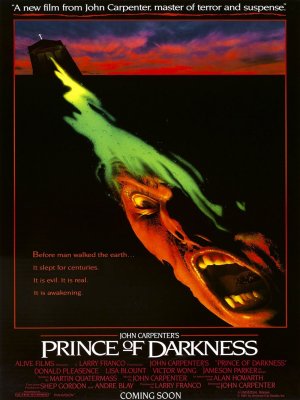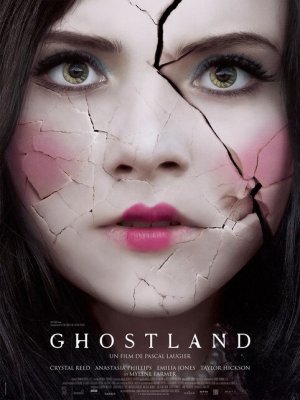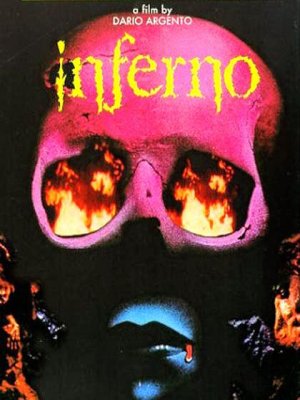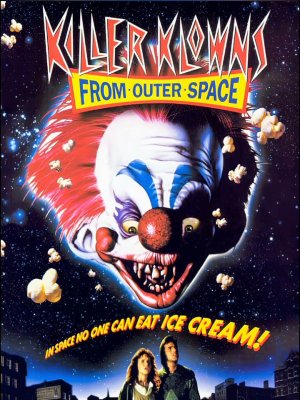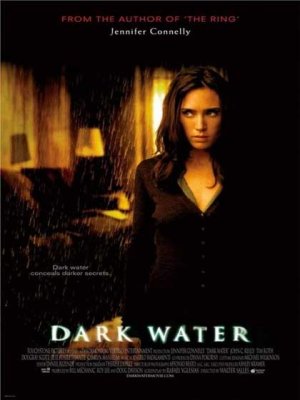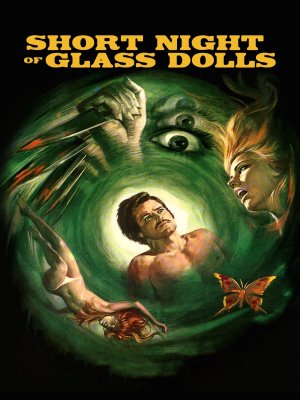The Neon Demon
The 16 year-old aspiring model Jesse arrives in Los Angeles expecting to be a model. The photographer Dean takes photos for her portfolio and start to date her. Jesse befriends the gay makeup artist Ruby and then the envious models Gigi and Sarah in a party. Meanwhile the agency considers Jesse beautiful with "something" that makes her different and she is sent to the professional photographer Jack. Jesse attracts he attention of the industry and has a successful beginning of career.
But Ruby, Gigi and Sarah are capable to do anything to get her "thing".
I’d be remiss not mention Jena Malone’s performance, which many will likely call “brave” and provocative for one scene in particular, but she deserves credit for the less flashy scenes as well. At any given moment the supporting women threaten to steal the movie from the protagonist, which is ironic considering the narrative. Needless to say everyone is well cast, even Reeves who provides much needed humour and levity just by being there.
The Neon Demon is not for the faint of heart (or those with a sensitivity to strobing lights). Even before things get really nasty, there’s a constant foreboding fear that permeates the story which requires you to embrace the discomfort. Audiences will likely either love it or hate it, but it might take them a couple days to figure out which. I recommend going to a late show with some friends, if nothing else The Neon Demon should surely provide some good fodder for conversation.
Style is often treated as the antithesis to substance, as if the two are mutually exclusive. Nicholas Winding Refn’s latest feature puts forward a strong case that style can be the substance.
It took me a while to work out exactly how I felt about this film: what initially felt like a series of really, really beautifully shot editorials left me feeling really unsettled. Initially, I left the cinema feeling like I’d watched a striking music video and not much more; but very quickly my feelings changed: the next day I was still thinking about it, and I was trying to work out why. I couldn’t shake the feeling that I should have learned something from this cinematic experience, but what? Beauty is skin deep? The fashion industry is superficial? The dangers of living in a youth-obsessed culture, where symmetry and slimness is valued above experience and loyalty? None of these are new concepts, so that’s not it.
Here’s what I do know: there’s not much in the way of character development or conventional narrative, but this is a rare instance in which that’s not a problem. Rather, Refn is more interested in image, and the extreme lengths taken to cultivate and successfully execute a flawless one, both by its characters and in the film as a whole.
To say that the film is beautifully shot is an understatement. There’s a discipline to the style and a consistency in the lighting, framing, and development of colour palette that is really special. No frame of this film feels wasted or thoughtless, and at the same time nothing feels contrived. Every image depicted – be it a person, inanimate object, or a cityscape – is carefully cultivated, disciplined and deliberate in its presentation.
The film’s depiction of the fashion industry isn’t so much ‘critical’ as it is distorted and grotesque. Photographers and designers are indistinguishable from thugs and rapists; a photoshoot could be mistaken for a murder scene; dark metaphors become literal, and vice versa. The industry’s ubiquitous obsession with youth is a key theme, but the film goes deeper by zeroing in on the industry’s obsession with “newness” and the dangerous effects this has on those cast aside.
The film shows a disconnection between the physical body and the people who inhabit them — bodies are treated as objects, thrown about, painted, touched, moved, and toyed with at will, with nary a thought about the effect on the people inhabiting them, let alone consent. The disconnection between the physical body and humanity was the biggest source of discomfort for me, and felt like the key driver behind the film’s most infamous scenes.
Each performance in The Neon Demon is nuanced, controlled and effective. Elle Fanning embodies wide-eyed wonder and youthful vitality with an eerie coolness; Abbey Lee and Bella Heathcote are terrifyingly beautiful, both turning in disciplined and mannered performances.
This film won’t be for everyone. It will challenge, confront and exasperate you, it walks a line between brilliance and repugnance and looks fabulous doing it.



